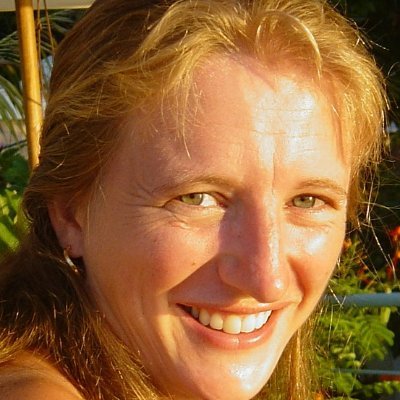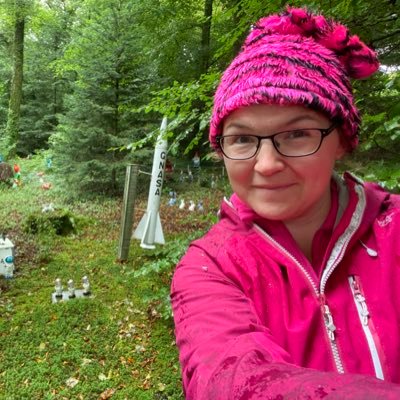Friday January 10, 2025 13:15 - 14:05 GMT
Speakers 
Senior Lecturer, Bishop Grosseteste University
Saffron Science has been running for the past 18 months at The Meadows Library in The Meadows, Nottingham. This exploratory research investigates the views of the parents, what they have enjoyed, what they have found difficult and what they would like in the future. There is a focus...
Read More →



